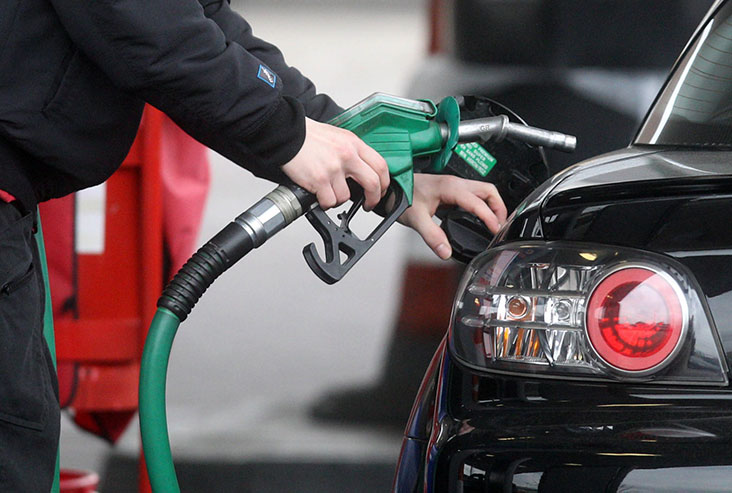Search Our Inventory

Replacement Engines
Used Rebuilt Remanufactured
Any Make And Model

Any Make And Model

With the increasing popularity and advancements in electric vehicles (EVs), many are questioning the future of petrol cars. However, it is important to consider various factors before making any predictions. While EVs offer numerous benefits, there are still significant challenges to overcome, and petrol cars continue to dominate the automotive industry.
One of the key factors influencing the future of petrol cars is the existing infrastructure. Petrol stations are widely available, making it convenient for drivers to refuel their vehicles. On the other hand, the infrastructure for charging EVs is still developing and not as widespread. This lack of charging infrastructure limits the practicality and widespread adoption of electric vehicles.
Another important aspect to consider is the cost of EVs compared to petrol cars. Currently, electric vehicles tend to have a higher purchase price due to the cost of batteries and other advanced technologies. In contrast, petrol cars are more affordable and accessible to a wider range of consumers. Until the cost of EVs comes down and becomes more competitive with petrol cars, it is unlikely that petrol cars will be completely phased out in the near future.
Range anxiety is another factor that affects the future of petrol cars. While EV technology has improved significantly, the range of electric vehicles is still limited compared to the range of petrol cars. This limitation makes long-distance travel and spontaneous road trips more challenging for EV owners. Until EVs can offer a comparable or superior range to petrol cars, many consumers will continue to rely on petrol-powered vehicles.
Furthermore, the demand for petrol cars remains high in emerging markets and developing countries. These regions often lack the necessary infrastructure and financial resources to support widespread adoption of EVs. As a result, petrol cars will still play a significant role in these markets for the foreseeable future.
It is also worth considering the environmental impact of petrol cars. While EVs are touted as being greener and more sustainable, the production and disposal of their batteries present their own environmental challenges. Additionally, the electricity used to charge EVs is often generated from non-renewable sources. As technology continues to advance, it is crucial to find ways to reduce the environmental impact of both petrol and electric vehicles.
In conclusion, while electric vehicles are gaining traction and offer numerous benefits, petrol cars still have a future. The existing infrastructure, affordability, range limitations, demand in emerging markets, and environmental factors all contribute to their continued relevance. As the automotive industry evolves, it is likely that a mix of petrol and electric vehicles will coexist for the foreseeable future, offering consumers a range of options to meet their transportation needs.
#usedengines #engines #used_engines_for_sale #used_engines #high_quality_used_engines #rebuilt_engines